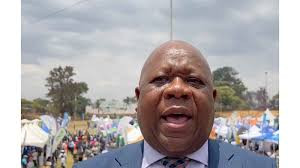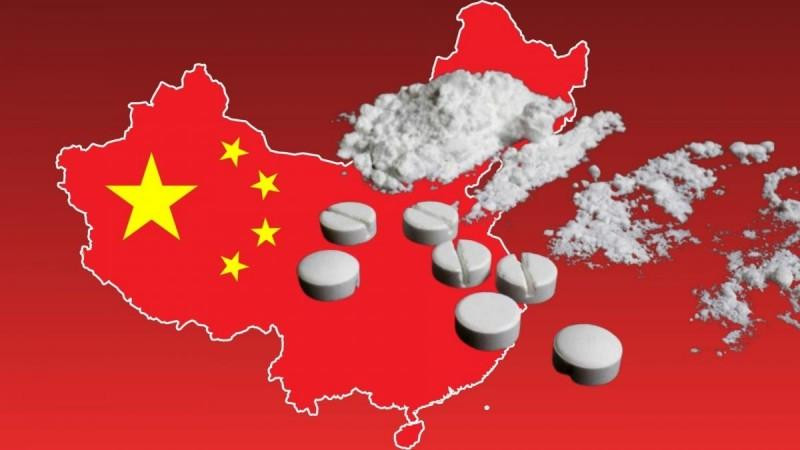
LILONGWE — Malawi will devalue its kwacha currency to smooth negotiations with the International Monetary Fund (IMF), which is considering a request from the Southern African state for a new financing programme it needs to unlock aid.
“We have made the decision to devalue the kwacha,” Finance minister Ken Lipenga said on Monday, although he could not say when or by how much the kwacha rate would be changed.
He said new President Joyce Banda had called for the move and wanted “to signal a policy shift from that of her predecessor, who had a different policy on this”.
The IMF suspended a $79 million aid facility for Malawi due to conflict with former President Bingu wa Mutharika, who died a few weeks ago of a heart attack.
Malawi devalued the kwacha last year to 165 to the dollar from 150. But on the black market the exchange rate is nearly double that, reaching 295 to the dollar just before wa Mutharika’s death.
Last December, the IMF suggested a 50% devaluation, saying the official rate was failing to anchor inflation expectations because a growing share of imports was being priced at the significantly weaker parallel exchange rate.
“I hope the public will understand that the announcement by the President is not a response to an IMF imposition, but that we have made this decision on our own because we need to do that and of course need to work with IMF,” said Lipenga, a former Reuters correspondent in Malawi.
“This action by the President is not of today or tomorrow because we have to look at the impact of devaluation on vulnerable families across the country and design safety nets to cushion them before we can implement that.”
- Chamisa under fire over US$120K donation
- Mavhunga puts DeMbare into Chibuku quarterfinals
- Pension funds bet on Cabora Bassa oilfields
- Councils defy govt fire tender directive
Keep Reading
A new IMF programme is crucial for Malawi to unlock donor funds frozen over the past year after wa Mutharika picked fights with international donors and incurred global criticism after his police killed 20 civilians in anti-government protests in July 2011.
The country has not received budget support from donors since January last year, creating a budget gap of $121 million in the current fiscal year which ends in July. Britain and the United States have frozen programmes worth nearly $1 billion.
Banda asked the IMF for a new programme immediately after she took over following the death of wa Mutharika.











